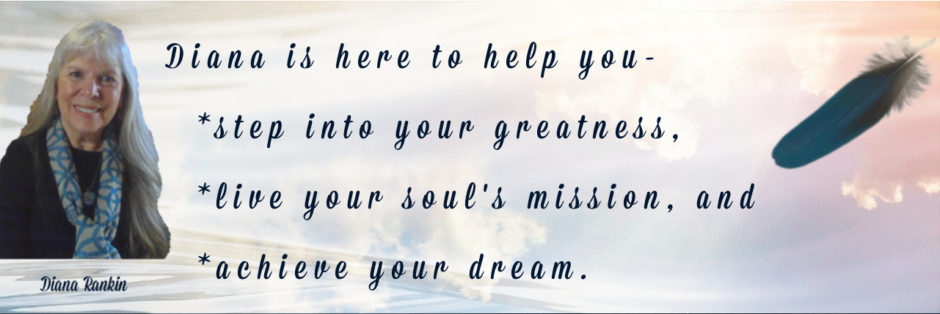Often, when I work with a client who has been hurt by another and doesn’t understand why they act and react in a certain way, I have them look at the other person’s brain.
We begin by first asking the other person’s permission. This can be done in person or in the energy. You simply ask if you may read their brain energy. If you hear/feel a yes, then you may proceed.
If I’m working with a client, I go ahead and ask permission for myself and my client. I explain that the client wants to better understand the person’s whose brain we want to look at. I’ve never had anyone say no.
Once permission is granted, the client then looks at my brain. Next the client looks at their brain. Clients always see my brain and their brain filled with colors and light. Not the same colors, but colors unique to our brains at the time of viewing. When the client looks at the brain of the person they’re trying to understand, it almost always appears in shades of gray with more black and white areas.
This does not in any way imply the person with the less colorful brain is wrong or that they’re not intelligent. What it does imply is that they may be less creative and less emotional than someone with a more colorful brain.
We are not referring here to the brain of a person who is shut down emotionally, someone who stuffs feelings, or someone with a mental disturbance. We are speaking of a normal human being who acts and reacts in an ordinary fashion.
Also, keep in mind that this is an energy process, not a ex-ray or MRI of a person’s brain, which may show different results than we see. Our purpose is to help us understand another person better, not to diagnosis a physical condition.
A non-colorful brain is neither good nor bad. It just is. And if we can understand that the other person’s brain works differently from ours, that their brain processes differently, than we can increase our understanding of them. We can come to understand why we think and act differently from one another. It’s simply that we think differently because we process the information that comes to us differently.
A mathematician processes information differently than an actor; an engineer processes information differently than a poet; a technician processes information differently than a musician.
We all have different brains; we all have different ways for processing information. One way is not better or worse than the other. It’s simply how we’re made.
One of the hardest things we learn in our lives is that not everyone thinks, acts, or reacts like we do, especially if that’s someone we love or often interact with. Two people may look at the same picture and see and interpret it completely differently. We are all unique; we are all who we are for reasons we are yet discovering. We are all human seeking to understand each other…and ourselves.
